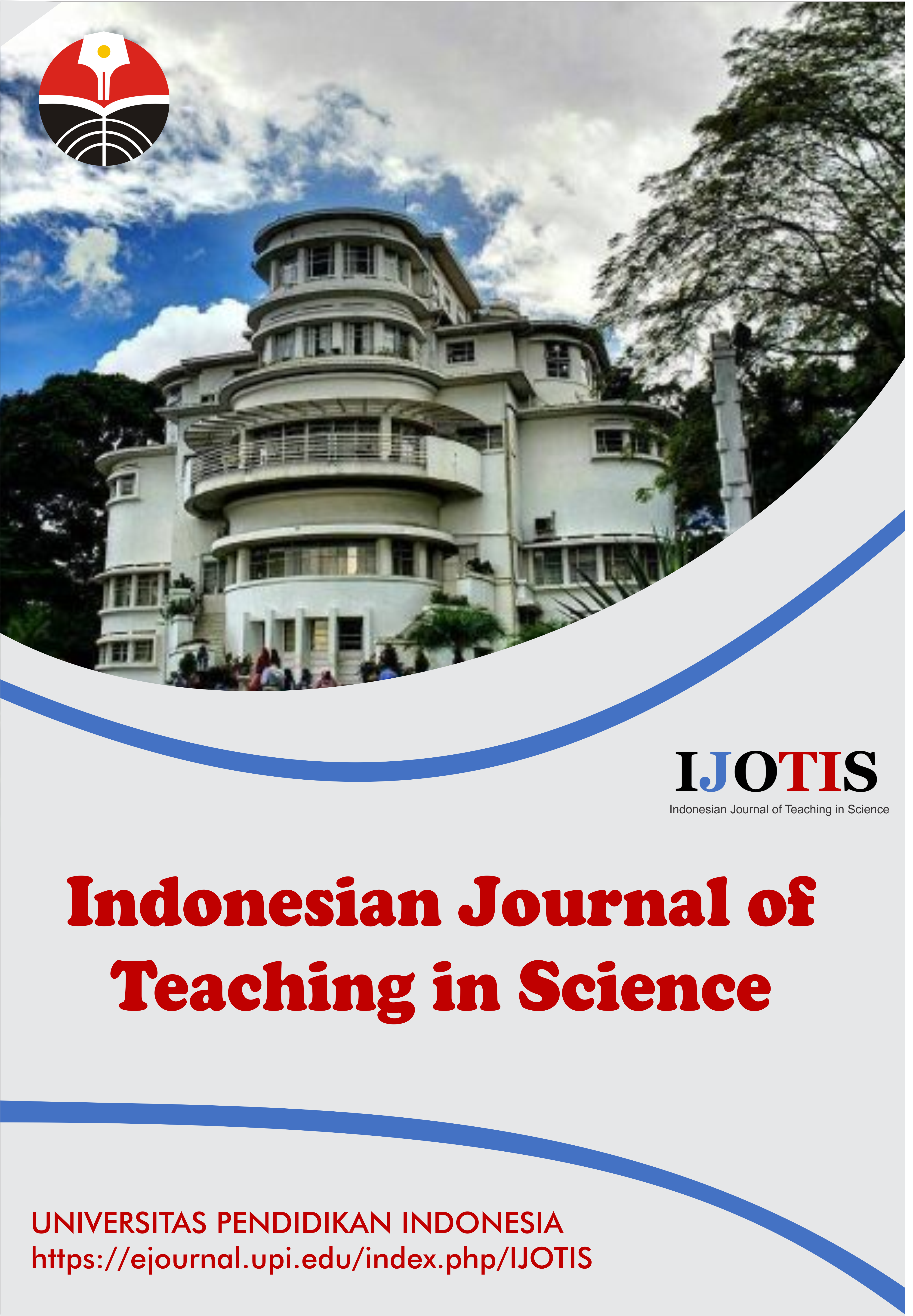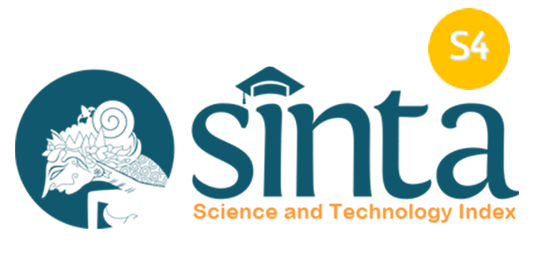Formation of Pedagogy of Higher Project Education in The Period of The New 18th-Century Technological Order
Abstract
Keywords
Full Text:
PDFReferences
Al Husaeni, D.F., and Nandiyanto, A.B.D. (2022). Bibliometric using VOSviewer with publish or perish (using Google Scholar data): From step-by-step processing for users to the practical examples in the analysis of digital learning articles in pre and post covid-19 pandemic. ASEAN Journal of Science and Engineering, 2(1), 19-46.
Azizah, N.N., Maryanti, R., and Nandiyanto, A.B.D. (2021). How to search and manage references with a specific referencing style using Google Scholar: From step-by-step processing for users to the practical examples in the referencing education. Indonesian Journal of Multidiciplinary Research, 1(2), 267-294.
Glushchenko V. V. (2020a). Scientific theory of technological structures and research of directions of its practical application. Bulletin of Science and Practice, 6(4), 488-504. 5
Glushchenko V.V. (2020b). The mechanism for increasing the efficiency of project teams in mechanical engineering. Problems of Mechanical Engineering and Automation, 2, 109-118.
Glushchenko V.V. (2020c). The structure of student motivation in higher project education. Kazakhstan Science Journal, 3(10). 5-19.
Glushchenko V.V. (2022a). Mentoring in additional professional education of adults during the 9th technological order. International Scientific Research Journal, 119(5), 47-52.
Glushchenko, V. (2021a). Development of a franchise and rating in the formation of programs for the development of higher project education. International Journal of Information Technology and Applied Sciences (IJITAS), 3(2), 29-37.
Glushchenko, V. V. (2020d). The importance of scientific and pedagogical schools in higher education of the third millennium. Kazakhstan Science Journal, 3(2), 15.
Glushchenko, V. V. (2021b). Management system for the development of the higher project education segment. Kazakhstan Science Journal, 4(5), 18-33.
Glushchenko, V. V. (2021c). Creating a model of the future of the eighth technological order. International Journal of Engineering Science Technologies, 5(5), 17-40.
Glushchenko, V. V. (2021d). Strategic planning of organizations' transition to the sixth technological order in the national economy. International Journal of Engineering Science Technologies, 5(1), 30-46.
Glushchenko, V. V. (2022b). Crisisology as a methodology for the study of crises associated with the process of forming a new technological order. International research journal, 6(120), 120-126.
Glushchenko, V. V. (2022c). Ergo design of mentoring in the national ecosystem of vocational education in the period of the 10th technological order. Indonesian Journal of Educational Research and Technology, 2(3), 223-236.
Glushchenko, V. V. (2023a). System analysis of the pedagogical and Social psychological mechanism in higher project IT education in the school. Jurnal Pendidikan Ilmu Sosial, 32(2), 133-148.
Glushchenko, V. V. (2023b). Theoretical foundations of the creation of a curriculum in higher project IT in education. Indonesian Journal of Teaching in Science, 3(2), 161-170.
Glushchenko, V. V. (2023c). The use of Gestalt Psychology in Project Work. ASEAN Journal of Educational Research and Technology, 2(3), 173-178.
Glushchenko, V.V. (2023). Ergo design and “specific”, "measurable", "achievable", "relevant", and "time-bound" (SMART) technologies as tools for the formation of innovative leadership programs. ASEAN Journal of Economic and Economic Education, 2(1), 23-34.
Kumar, K. (2021). Mapping of nanotechnology research in animal science: Scientometric analysis. (2021). ASEAN Journal of Science and Engineering, 1(2), 97-112.
Nandiyanto, A. B. D., Asyahidda, F. N., Danuwijaya, A. A., Abdullah, A. G., Amelia, N. I. A., Hudha, M. N., and Aziz, M. (2018). Teaching “nanotechnology” for elementary students with deaf and hard of hearing. Journal of Engineering Science and Technology, 13(5), 1352-1363.
Nesterov, A. V. (2015). Will the smart education lead to the" decline" of universities. Competency, 2, 40-45.
Pisarenko V. I. (2017). A systematic approach in pedagogy. Computer Science, Computer Engineering, and Engineering Education, 30(2), 1-10.
Tukhtarova, E. K. (2023). Prospects of Russian regions for the transition to a new technological order. Voprosy Ekonomiki, 8, 146-158.
Vladimirovich, G. V. (2021). Project approach in higher engineering education. education, 19, 5-25.
Vladimirovich, G. V. (2023). Managing the process of creating the university's student ecosystem. Indonesian Journal of Multidiciplinary Research, 3(2), 191-202.
Zakaryan K.A. (2018). Emotional intelligence as a kind of human capital and research on emotional intelligence. Current scientific research in the modern world. 38(6-4). 124-127.
DOI: https://doi.org/10.17509/ijotis.v4i2.75837
Refbacks
- There are currently no refbacks.
Copyright (c) 2024 Universitas Pendidikan Indonesia

This work is licensed under a Creative Commons Attribution-ShareAlike 4.0 International License.
Indonesian Journal of Teaching in Science (IJoTIS) is published by Universitas Pendidikan Indonesia (UPI)
 Indonesian Journal of Teaching in Science
Indonesian Journal of Teaching in Science



